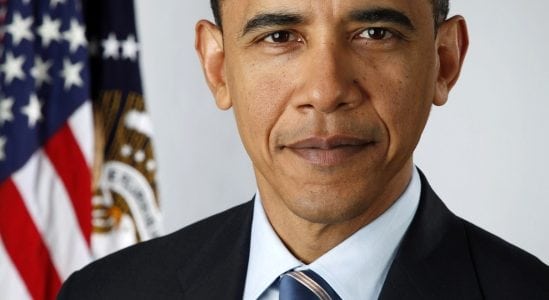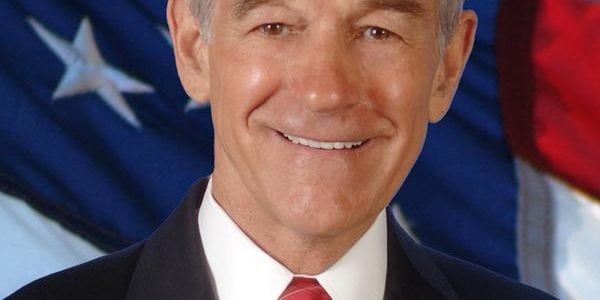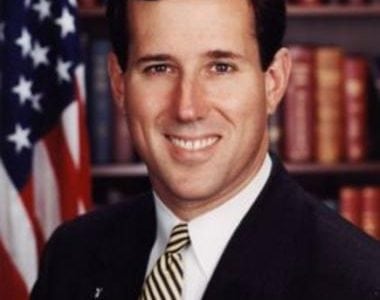Presidential Race 2012: Science Policies
By David Lack
The candidates who may be running in the upcoming US presidential elections:
The American Presidential election this year will decide whether Democrat and current president, Barack Obama, stays in office, or a Republican candidate becomes the new head of state of the USA. The Republican candidates are currently voting on who shall be their nominee for the Presidential race. The candidates are Mitt Romney, who is currently in the lead, Ron Paul, Rick Santorum and Newt Gringrich.
The main differences between the two parties are that the Republicans favour a free market approach with deregulation, whereas Democrats favour more government control on key issues. With environmental issues and stem cell research becoming more publicised the candidates’ scientific policies could hold more sway in who gets elected than in previous elections.
Energy consumption and the environment are important issues in any politician’s campaign. This is especially true in America which houses around 5 percent of the world’s population, yet contributes approximately 20 percent of the world’s pollution.
Barack Obama emphasises implementing and researching alternative energy sources to decrease the dependence on fossil fuels and the levels of carbon pollution the United States has. Obama introduced the first off shore wind farm in America, consisting of 130 wind turbines. He also has tightened regulation on offshore oil drilling sites. Such as the one owned by BP, in the Gulf of Mexico in 2011, that caused a large amount of oil to pollute the surrounding waters.
Mitt Romney says he will make every effort to safeguard the environment but not if it causes a loss of jobs for American workers. For example he disagrees with the Kyoto Protocol as he believes it will cause job losses in America. Romney pledges to deregulate much of what Obama has done these last 4 years. Among these regulation changes he would exclude carbon dioxide pollution from the Clean Air Act. Romney wants to increase the energy production of the US by increasing the amount of nuclear power plants. He also approves the construction of a new oil pipeline, Keystone XL, from Canada which Obama refused.
Romney has been accused of flip flopping on the issue of the environment and climate change and subjecting his will to big companies. Once saying that he thought global warming was caused by humans then later that he believed we do not know what causes climate change and investing trillions of dollars into reduce CO2 emissions would be a waste.
Ron Paul believes that climate change is not happening, with Paul saying that “the greatest hoax… has been this hoax on the environment and global warming”. Gringrich and Santorum question the science behind climate change and dispute that it is man-made. They believe the way to independence is a free market with little or no government intervention. They also have similar views on how to achieve energy independence.
Stem cell research is a controversial issue in America, similar to that of abortion. Obama revised previous executive orders to allow federal funds to be used for embryonic stem cell research, as well as the restriction of research limits to the number of stem cell cultures at one time. This was challenged by pro-life groups but Obama successfully defended his case.
The Republican candidates, usually pro-life supporters, are fairly united on the topic of stem cell research. Romney and Paul support stem cells but disagree with any federal involvement in the matter including the use of government funds for research. Instead, they support a free market approach to all research similar to that of environmental and energy research. Gringrich and Santorum are against the use of embryonic stem cell research; however agree that adult stem cell research can be useful. They also support a free market approach to the financing of research.












